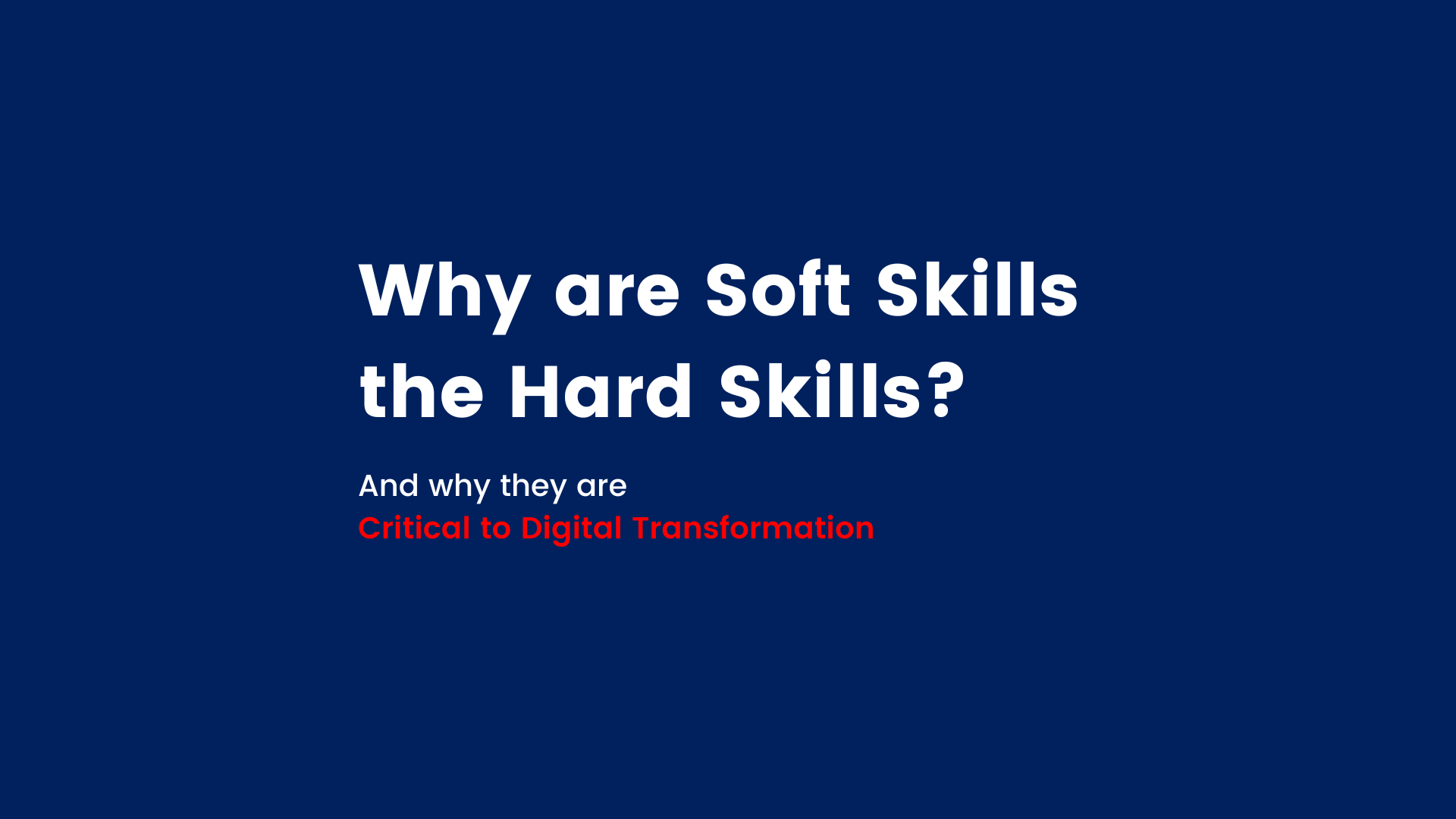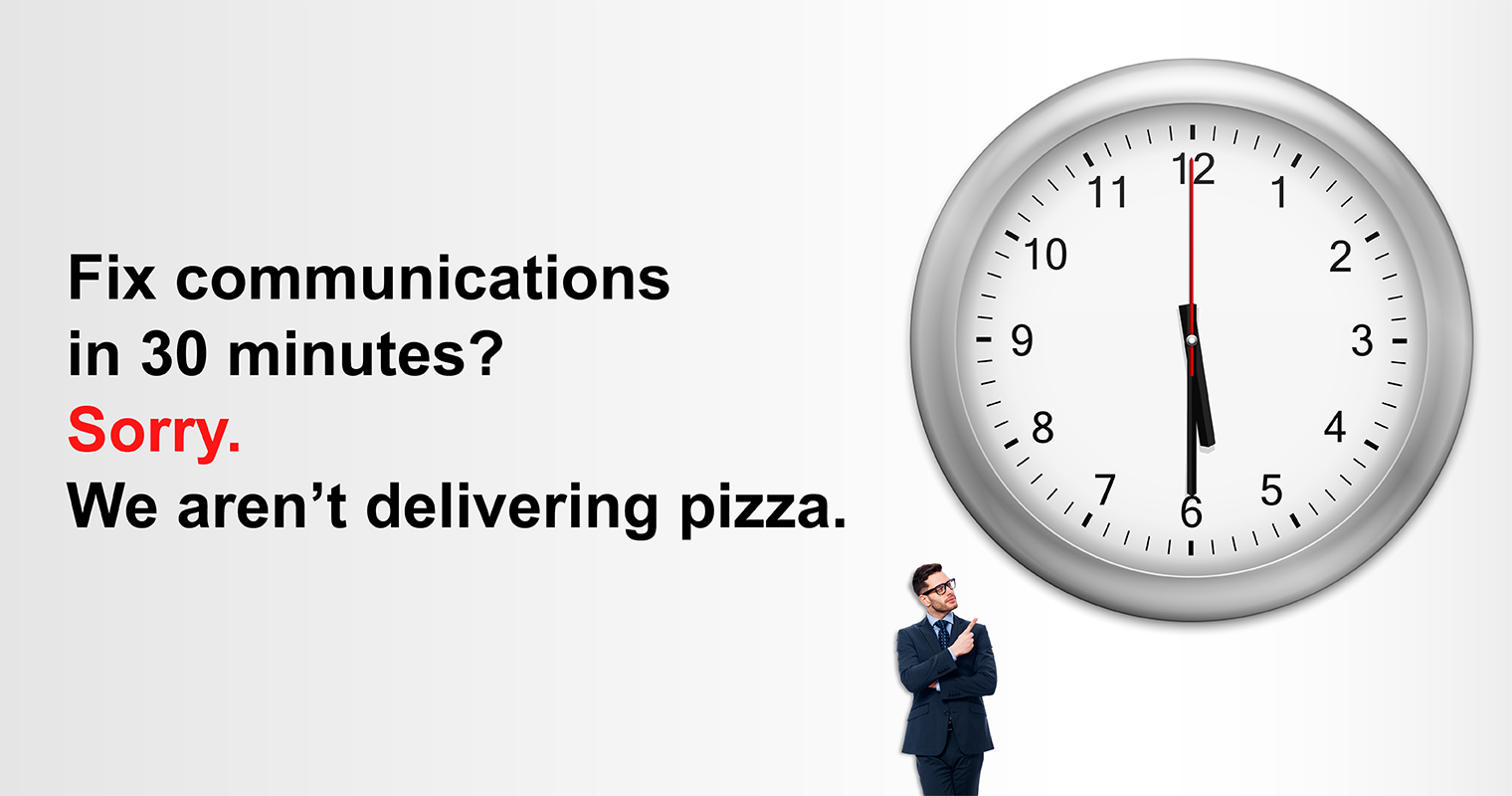
It’s vital for collaboration, teamwork, and clarity of purpose. It's lovely when Learning and Development teams get it too. Even better when they’re realistic about how long it takes to develop communications skills across teams.
Such a hard-to-teach and essential human skill isn’t a one-and-done activity. It takes time to master.
It’s a two-way street: Communication is a complex process that involves transmitting information, exchanging ideas, and building relationships. Effective communication requires active listening, empathy, clarity, and the ability to adapt to diverse audiences and situations. Not just within some teams in an organisation, but across the workforce!
Making time to develop communication skills that stick:
While we may want quick fixes, the reality is that getting effective communication requires intentional training that provides reinforcement over time and enables learners to connect what is being trained to their own experiences at work.
This simply can’t happen over a 4-hour or day-long workshop, which may work wonders for team bonding but doesn’t lead to learning that sticks. According to Salesforce, 86% of employees and executives failure in the workplace is down to the lack of effective collaboration and communication. Getting this one skill right can be a multiplier force to having an organisation where high performance can thrive.
We need a different approach for soft skills training to be effective:
-> Attempting to change a core behaviour such as communication through one-day workshops or sporadic interventions doesn’t work. We know this – so why do so many companies default to this approach?
-> Cognitive science tells us that behaviour change requires training at regular intervals, with concepts repeated with different contexts over time so new behaviours can be acquired, integrated into long-term memory and retrieved. There is no instant gratification!
-> Training programs that neglect interleaving essential areas such as self-awareness, active listening, and empathy into developing communications as a superpower skill are doomed.
-> Interacting with learners through different types of challenges and assessments as they progress through an intentional learning journey designed to connect with their long-term memory and, provide ongoing feedback on the practical application of a new skill is essential for new communication skills to Stick and be effective.
Culture of communications:
Organisations that take a long-term view and intentionally train a culture of communication at scale that interconnects other related capabilities such as self-awareness, the ability to influence, understanding when to say no, will see lasting benefits across the enterprise, not just in silos.
The Hardskills way:
Hardskills is built on the proven cognitive science of adult learning. The science shows that our brains learn best when engaged and challenged. Hardskills' training programs are interactive, engaging, and challenging. The training is rooted in real world business scenarios that we all recognise. It’s not a pill to take away the pain of poor communication. It’s a proven framework that delivers measurable improvements.
You can learn more about our Global Business Skills course that trains better communication as an integrated capability with other core skills for modern work here.

Organisations live or die by communications
It’s vital for collaboration, teamwork, and clarity of purpose. It's lovely when Learning and Development teams get it too. Even better when they’re realistic about how long it takes to develop communications skills across teams.
Such a hard-to-teach and essential human skill isn’t a one-and-done activity. It takes time to master.
It’s a two-way street: Communication is a complex process that involves transmitting information, exchanging ideas, and building relationships. Effective communication requires active listening, empathy, clarity, and the ability to adapt to diverse audiences and situations. Not just within some teams in an organisation, but across the workforce!
Making time to develop communication skills that stick:
While we may want quick fixes, the reality is that getting effective communication requires intentional training that provides reinforcement over time and enables learners to connect what is being trained to their own experiences at work.
This simply can’t happen over a 4-hour or day-long workshop, which may work wonders for team bonding but doesn’t lead to learning that sticks. According to Salesforce, 86% of employees and executives failure in the workplace is down to the lack of effective collaboration and communication. Getting this one skill right can be a multiplier force to having an organisation where high performance can thrive.
We need a different approach for soft skills training to be effective:
-> Attempting to change a core behaviour such as communication through one-day workshops or sporadic interventions doesn’t work. We know this – so why do so many companies default to this approach?
-> Cognitive science tells us that behaviour change requires training at regular intervals, with concepts repeated with different contexts over time so new behaviours can be acquired, integrated into long-term memory and retrieved. There is no instant gratification!
-> Training programs that neglect interleaving essential areas such as self-awareness, active listening, and empathy into developing communications as a superpower skill are doomed.
-> Interacting with learners through different types of challenges and assessments as they progress through an intentional learning journey designed to connect with their long-term memory and, provide ongoing feedback on the practical application of a new skill is essential for new communication skills to Stick and be effective.
Culture of communications:
Organisations that take a long-term view and intentionally train a culture of communication at scale that interconnects other related capabilities such as self-awareness, the ability to influence, understanding when to say no, will see lasting benefits across the enterprise, not just in silos.
The Hardskills way:
Hardskills is built on the proven cognitive science of adult learning. The science shows that our brains learn best when engaged and challenged. Hardskills' training programs are interactive, engaging, and challenging. The training is rooted in real world business scenarios that we all recognise. It’s not a pill to take away the pain of poor communication. It’s a proven framework that delivers measurable improvements.
You can learn more about our Global Business Skills course that trains better communication as an integrated capability with other core skills for modern work here.

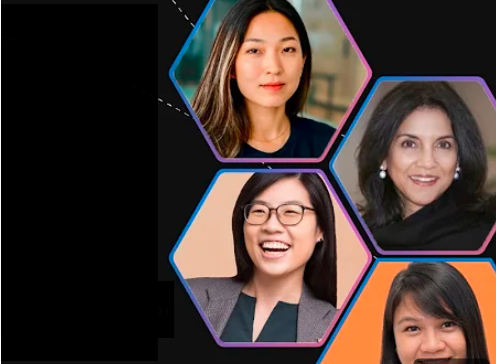
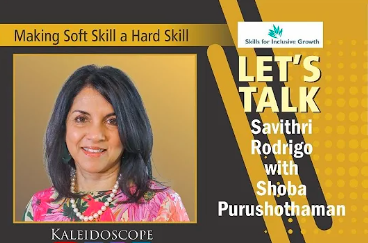
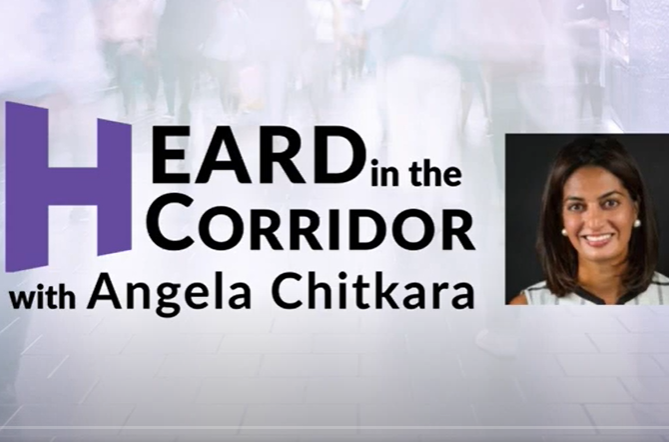

.png)

